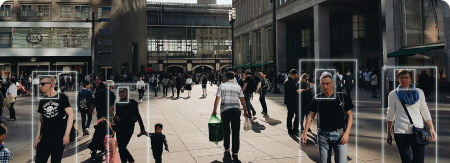
Face
The Face algorithm performs real-time detection, biometric identification and tracking of all detected faces.
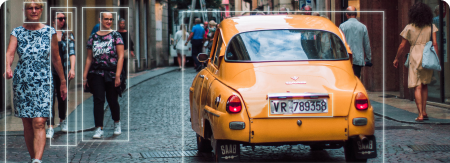
Vehicle-Human
The Vehicle-Human (VH) algorithm performs real-time vehicle or human detection, classification and movement tracking.
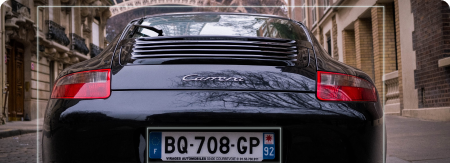
Automatic license plate recognition
The ALPR algorithm from the SentiVeillance component performs real-time vehicle license plate (number plate) detection and recognition.
Face algorithm
Facial identification reliability enables using large watchlist databases (i.e. a watch-list of suspects or a list of company employees). New faces may be enrolled to the database either automatically from video streams or manually as templates, which were created with VeriLook SDK. Persons wearing face masks or respirators can be recognized without separate enrollment.
Face recognition and tracking

Gender classification
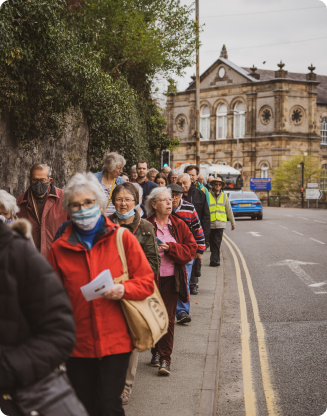
Age estimation
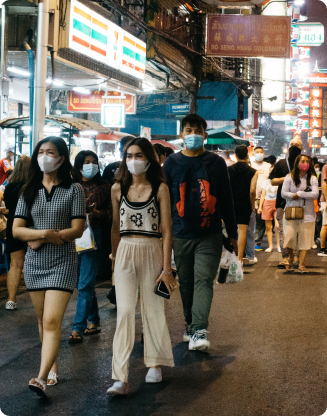
Feature detection
Face recognition and tracking
Face recognition and tracking is performed in all successive frames from the video source until they disappear from camera’s field of view.
Gender classification
Age determination
Feature detection
Basic usage recommendations and constrains
Face recognition accuracy of SentiVeillance heavily depends on the quality of a face image in a frame. There are some basic recommendations and constraints when using face recognition applications based on SentiVeillance SDK.
Image quality during enrollment is important, as it influences the quality of the face template. Enrollment from photo or video stream is possible.
Several images during enrollment are recommended for better facial template quality which results in improvement of recognition accuracy and reliability.
Additional enrollments may be needed when facial hair style changes, especially when beard or mustache is grown or shaved off.
1 MegaPixel or better camera resolution is recommended for face enrollment and recognition. Make sure that native resolution is provided by a camera, as some cameras or webcams may scale up native images to higher resolution without image quality improvement.
32 pixels is the recommended minimal distance between eyes for a face on image or video stream to perform face template extraction reliably. 64 pixels or more recommended for better face recognition results. Note that this distance should be native, not achieved by resizing an image.
Face posture tolerance:
- head roll (tilt) – ±15 degrees;
- head pitch (nod) – ±15 degrees from frontal position. The head pitch tolerance can be increased up to ±25 degrees if several views of the same face that covered different pitch angles were used during enrollment.
- head yaw (bobble) – ±90 degrees from frontal position (default value).
Several views of the same face can be enrolled to the database to cover the whole ±90 degrees yaw range from frontal position.
Technical specifications
4 % of the frame’s larger side (at least 32 pixels) is the minimal recommended distance between eyes for a face on video stream or image to perform reliable face tracking and template extraction. The speeds of face tracking, template extraction and matching against a watchlist database are dependent on actual size of a face in a frame, not on the size of the whole frame.
The performance specifications are provided for Intel Core i7-8700 family processor, and 1920 x 1080 pixels videos.
SentiVeillance 9.0 biometric face recognition algorithm technical specifications
Frame rate when tracking up to 5 faces
Face watch-list database matching time*
Single face record size in a template
Maximum face watch-list database size
More than 25 frames per second
Less than 0.5 second
322 bytes
Limited by amount of free RAM
